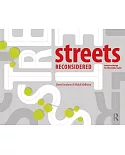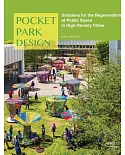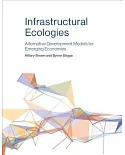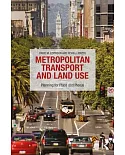Cities tend to become more crowded, the high rise buildings taller, the traffic nodes more complex. The volume of hazardous cargo passing increases with the growth of economy and the expansion
of technology. As we have seen in the recent past, cities can become too easily a focus of terror. To counter these trends measures have to be taken. This book presents an overview of threats
and measures based on a NATO advanced research workshop meant to make an inventory of items on which, for making progress research will be worthwhile to perform. The spectrum of subjects is
broad. It covers various types of hazard threats, the mechanisms of collapse of structures including the doubts about why the WTC buildings collapsed following the impact of aircraft and the
ensuing fires. New materials will offer improvements for protection, progress will be described in analyzing the robustness of structures against loading of various nature, and what can be
gained by well performed risk control and planning of emergency response, taking trade-offs into account and requiring the new approach of scenario analysis. The book also contains an excellent
report about the people flow along evacuation routes. It finally considers warning and communication systems and ways to motivate people to protect themselves.





















